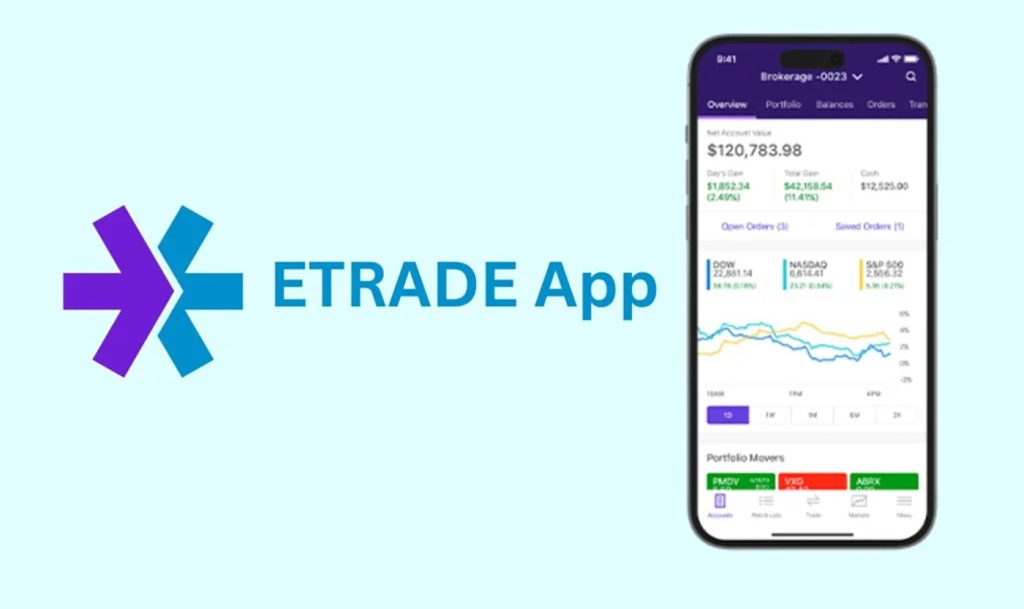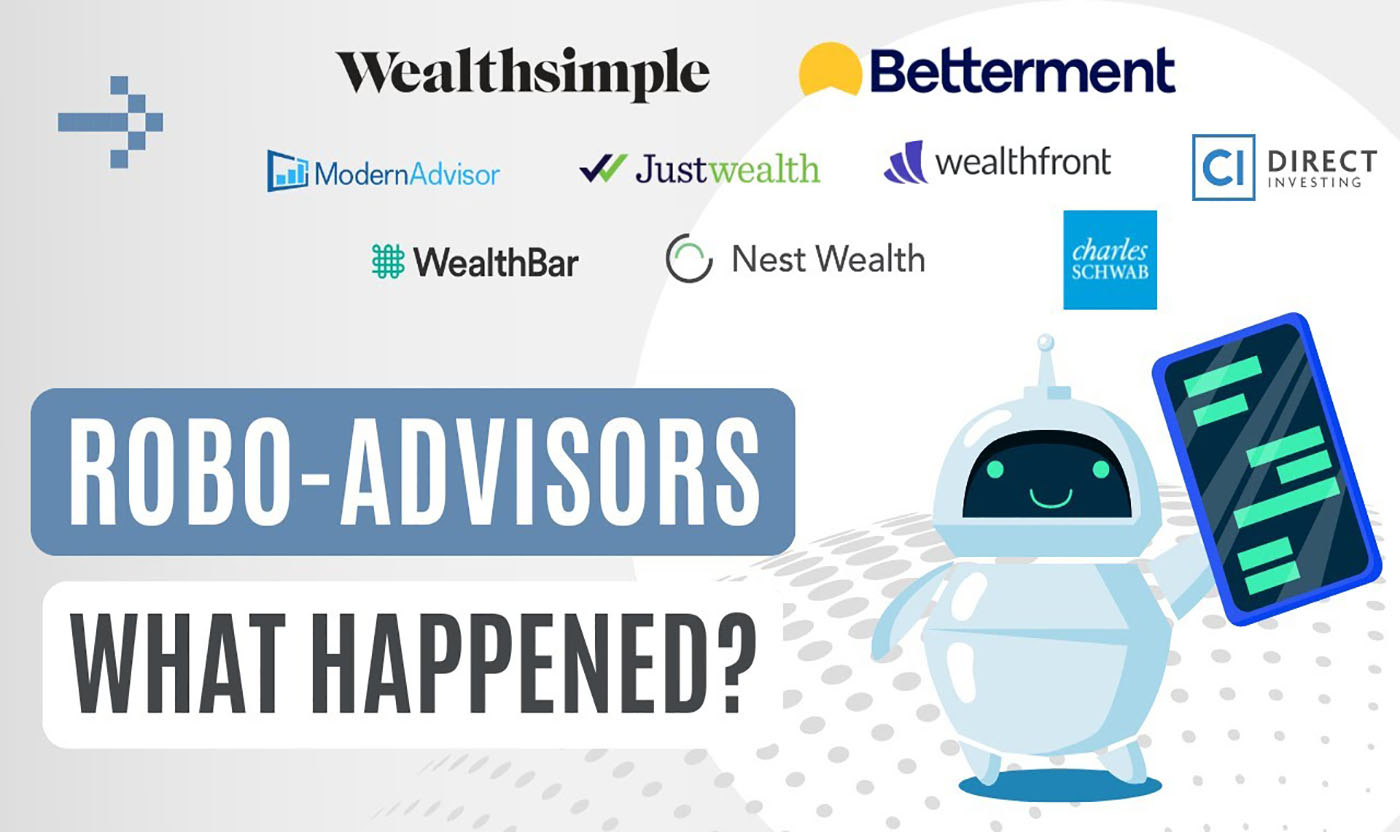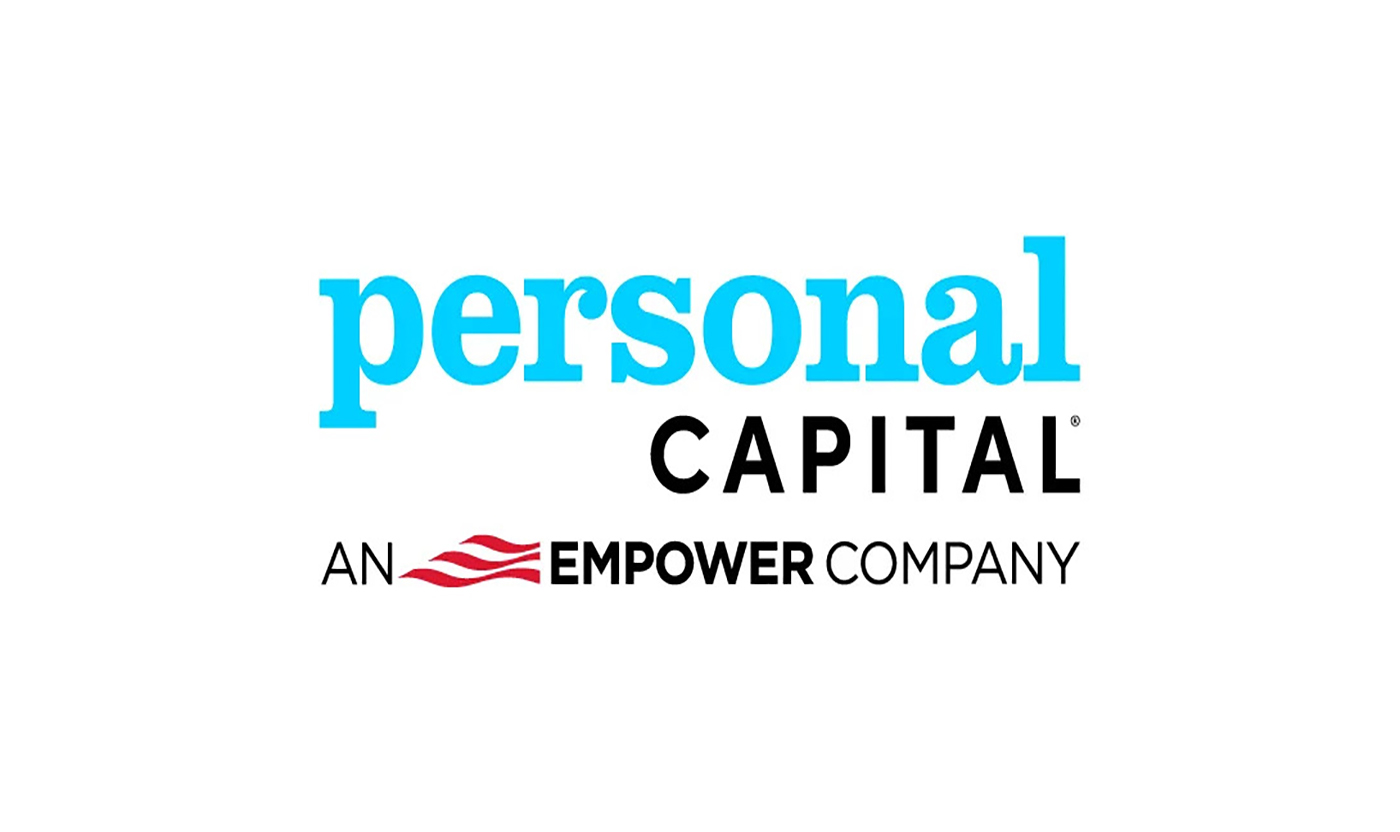As we move further into 2024, the investment landscape has evolved, becoming more accessible than ever before. With the rise of digital technology, online platforms have made it possible for people of all backgrounds, including beginners, to dive into the world of stock trading with just a few clicks. Whether you’re looking to start building your wealth, save for retirement, or simply learn more about the financial markets, today’s investment platforms offer an incredible array of tools and resources to help you succeed.
However, with so many options available, choosing the right platform for a beginner can feel overwhelming. So how do you find the perfect place to start your investing journey? In this article, I’ll walk you through five of the best investment platforms for beginners, explaining the features and benefits of each one. By the end of this post, you’ll have a much clearer idea of which platform fits your needs and how you can start investing with confidence.
1. Robinhood: Simple, Accessible, and Ideal for New Investors
If you’re just starting your investing journey, Robinhood is one of the most user-friendly platforms available. Robinhood’s mission is to democratize finance for all, and it does so by offering commission-free trading, an intuitive mobile app, and a seamless experience for buying and selling stocks, options, and even cryptocurrencies.
Why Robinhood Works for Beginners
- Ease of Use: Robinhood’s minimalist design and straightforward interface make it easy for new investors to navigate. The app is well-structured, with large, easy-to-read buttons, and a clean layout that helps you focus on what matters: investing.
- Commission-Free Trades: One of Robinhood’s standout features is the ability to buy and sell stocks without paying commissions. This can be particularly appealing for beginners who want to dip their toes into investing without worrying about trading fees cutting into their profits.
- Educational Resources: Robinhood offers in-app educational content that explains the basics of investing, which is a great feature for those just starting out.
Things to Consider
While Robinhood is great for beginners, its educational content is somewhat limited, and there have been concerns about the company’s customer service and reliability during high-volume trading periods. However, for the most part, Robinhood is perfect for new investors looking for a straightforward platform to begin their stock trading experience.
2. E*TRADE: Comprehensive Tools and Resources for Beginners
If you’re looking for a more robust platform that offers more than just the basics, ETRADE might be the right choice for you. While it’s suitable for all levels of investors, ETRADE’s wide range of tools and resources makes it particularly attractive for beginners who are serious about learning and growing their investment skills.
Why E*TRADE Works for Beginners
- Educational Content: E*TRADE offers an extensive library of educational materials, including articles, videos, and tutorials, all of which are geared towards helping new investors understand stock trading, ETFs, bonds, and more.
- Beginner-Friendly Dashboard: The platform’s user interface is clean and well-organized, with easy access to various tools and resources. Whether you’re looking to track stock prices or manage your portfolio, E*TRADE makes it easy to stay on top of your investments.
- Paper Trading: E*TRADE’s paper trading feature is fantastic for beginners who want to practice trading without risking real money. You can simulate trades in a risk-free environment to test out your strategies before committing to real trades.

Things to Consider
While ETRADE has a lot to offer in terms of educational resources, it also has a steeper learning curve compared to Robinhood. The platform can become overwhelming for some beginners due to its many features and tools. But, if you’re willing to put in the time to learn, ETRADE offers some of the most comprehensive educational resources available.
3. Fidelity: Trusted and Reliable with No Hidden Fees
For beginners who want a reliable and well-established platform, Fidelity is a great option. Known for its customer service and low-cost approach to investing, Fidelity has earned its reputation as one of the best platforms for both beginner and experienced investors.
Why Fidelity Works for Beginners
- No Account Fees: Fidelity stands out for its low-cost structure. There are no account fees or minimum balance requirements, making it a great option for beginners who don’t have a lot of money to start with.
- Research Tools: Fidelity offers excellent research tools and resources, including in-depth analysis of stocks, ETFs, and mutual funds. This allows beginners to make more informed decisions as they begin building their portfolios.
- Educational Support: Fidelity provides a range of resources, including free webinars, articles, and videos, all designed to educate new investors. The platform even offers a retirement planning tool to help beginners understand how investing can work as part of their long-term financial goals.
Things to Consider
Although Fidelity is known for its comprehensive research and educational resources, its platform can be a bit more complex than others like Robinhood. For beginners who are just starting, it may take a bit more time to familiarize yourself with the platform’s features. But for those who value thorough research and a trusted reputation, Fidelity is an excellent choice.
4. Webull: Advanced Tools with a Beginner-Friendly Interface
Webull is another commission-free trading platform that provides a slightly more advanced experience than Robinhood but still retains a beginner-friendly interface. It’s an excellent choice for those who want to learn how to trade more actively, including buying and selling stocks, options, and ETFs.
Why Webull Works for Beginners
- Paper Trading: Just like E*TRADE, Webull offers a paper trading feature, which allows beginners to practice their trades without using real money. This feature can help you build confidence and gain experience before jumping into real trades.
- Advanced Tools with Simplicity: While Webull provides advanced trading tools (like real-time market data, charting tools, and technical analysis), its user-friendly interface ensures that beginners can still navigate the platform without feeling overwhelmed.
- No Commission Fees: Just like Robinhood, Webull doesn’t charge commissions for stock and ETF trades, which is a huge advantage for beginners looking to save on trading costs.
Things to Consider
Webull may feel like a step up from Robinhood in terms of complexity, so beginners should be prepared to invest time into learning how to use its more advanced features. It’s a great platform for those who want to grow into more active trading while still benefiting from commission-free trades.
5. SoFi Invest: Simple and Seamless Investing
For those who want to invest in stocks, ETFs, or even cryptocurrencies, SoFi Invest is an excellent option. As part of the broader SoFi platform, SoFi Invest offers an easy-to-use, all-in-one solution for people new to investing.
Why SoFi Invest Works for Beginners
- No Fees and No Minimums: SoFi Invest offers commission-free trades with no account minimums, making it very accessible for beginners who may not have a large initial investment.
- Automated Investing: If you’re new to investing and don’t want to actively manage your portfolio, SoFi’s automated investing options might be the perfect solution. With automated investing, you can set up a portfolio based on your risk tolerance and financial goals, and SoFi will take care of the rest.
- User-Friendly Interface: SoFi’s mobile app is one of the easiest to use in the industry, with intuitive navigation and simple design. It’s perfect for beginners who want a seamless experience.

Things to Consider
While SoFi offers an excellent entry point into investing, it doesn’t have as many advanced features as other platforms like Fidelity or E*TRADE. This might limit its appeal for users who want more control or customization over their investments.
6. Other Resources for New Investors
Along with these platforms, there are several other online resources that can help new investors make informed decisions. Some great websites include:
- Investopedia (www.investopedia.com): The go-to place for financial education, offering detailed articles, tutorials, and investing guides.
- Morningstar (www.morningstar.com): Provides in-depth research and analysis on stocks, ETFs, and mutual funds.
- The Motley Fool (www.fool.com): Offers investing tips, analysis, and recommendations, all designed to help investors grow their wealth.
As a beginner, the key to successful investing is choosing the right platform that aligns with your goals, risk tolerance, and learning style. Whether you prefer a simple app like Robinhood or the more comprehensive tools offered by Fidelity or E*TRADE, each of the platforms I’ve discussed offers valuable resources to help you start your investment journey.
Remember, investing isn’t a sprint—it’s a marathon. By starting with the right tools and continuously educating yourself, you’ll be setting yourself up for long-term success. Happy investing!



